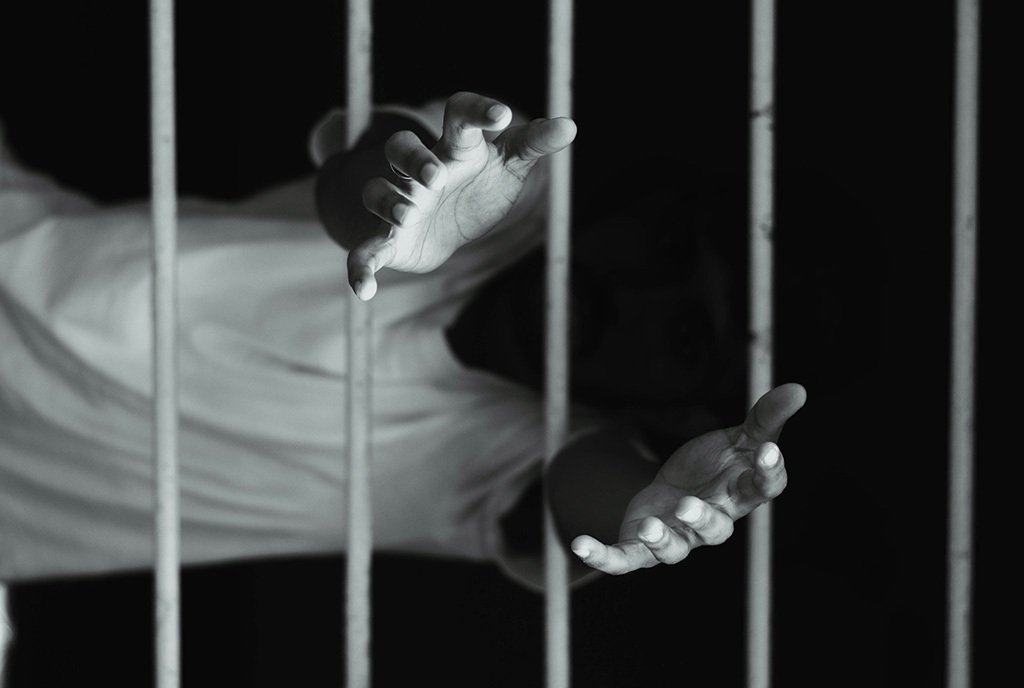
May 17, 2017; Boston Globe
It is no secret that the U.S. has a large prison population. The Bureau of Justice Statistics’ latest data indicates that there were 1.53 million prisoners across the country during the year 2015, which sadly represents the smallest prison population since 2005. Additionally, there were an estimated 4.75 million adults under supervision such as parole. This incredibly high prison population is a huge burden on society, leading to broken families and taxpayer frustration.
Although advocates have long been fighting for a solution (see NPQ coverage here, here, and here), there is no easy fix. Progress may be within reach, however. A new ruling from the Massachusetts Supreme Judicial Court may have a positive impact on decreasing recidivism rates among persons with disabilities in the state’s prison system. Earlier this week, the state’s high court ruled that, as an extension of the Americans with Disabilities Act, prisoners with disabilities who are seeking parole need to be connected with community resources to help them once they reenter the community. The court went on to say that, if needed, experts should be hired to ensure prisoners have a plan for addressing their disability once they are out in the community.
Sign up for our free newsletters
Subscribe to NPQ's newsletters to have our top stories delivered directly to your inbox.
By signing up, you agree to our privacy policy and terms of use, and to receive messages from NPQ and our partners.
While it may seem to be a small consolation, if implemented correctly, this ruling could have huge implications for Massachusetts’s prisoners with disabilities. Some disabilities, such as traumatic brain injury (TBI), can hinder proper decision-making. For instance, damage to the frontal lobe, where people weigh the consequences of their actions, can lead to impulsivity and recklessness. Other disabilities, such as autism, can have triggers that when ignited cause people to become violent. In either case, prison is not a solution; in fact, it may exacerbate the issue, as individuals with disabilities may not be able to understand orders and end up relegated to solitary confinement.
Current statistics indicate that 20 percent of prisoners and 30 percent of jail inmates have a cognitive disability, and both prisoners and jail inmates were more likely to have a disability than the general population. Clearly, there is a disconnect between the legal system and services for persons with disabilities. At the very least, there is a systemic misunderstanding about the role disabilities can play in criminal or violent behavior.
The ruling in Massachusetts appears to be a step in the right direction, but there is still work to be done to prevent persons with disabilities from ending up in the prison system to begin with if they do not truly belong there. As James R. Pingeon, a Massachusetts attorney involved with the SJC ruling, aptly said, “Prison beds should be reserved for people who are truly dangerous and not wasted on prisoners with disabilities who could live safely in the community if the parole board would help them find appropriate housing and services.”— Sheela Nimishakavi













